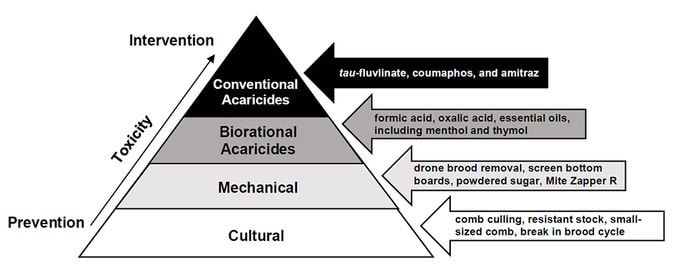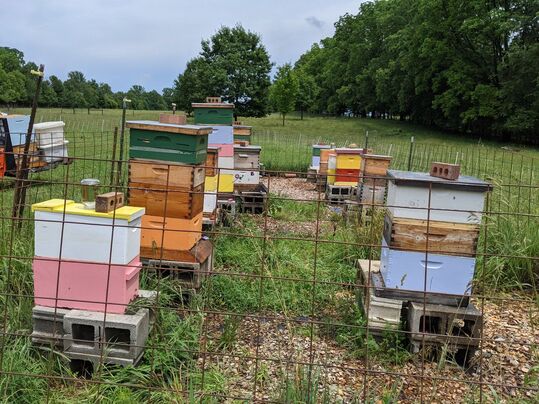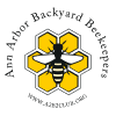 Image modified by Morgan Roth, based on source material from the State of Hawaii Plant Industry Division Image modified by Morgan Roth, based on source material from the State of Hawaii Plant Industry Division Acids (& oils) The next level of the IPM pyramid is where intervention/treatment begins with what are termed “soft” chemicals. These are naturally occurring acids and essential oils commercially formulated for maximum efficacy against Varroa mites with minimal harm to your bees. “Soft” chemical acids include HopGuard 3, FormicPro, MiteAway Quick Strips, and Oxalic Acid. “Soft” essential oil treatments include formulations containing menthol and thymol like ApiLife Var. At the top of the pyramid are “hard” chemicals or conventional pesticides, to which Varroa mites have already developed resistance in some cases. These include amitraz (Taktic, Apivar), tau-fluvlinate, and coumaphos. Beware Any chemical treatment needs to be used with the utmost care with thought given to the temperature, time of year, whether or not honey supers are present, if there is brood present in the hive, and what protection needs to be worn by the beekeeper when administering the treatment. It is illegal to apply chemical treatments to your hive in a manner inconsistent with the instruction label. It is illegal to apply pesticides (including essential oils) to your hives that have not been approved for use as Varroa mite treatment in honey bees. When treating, it is best to treat all hives in an apiary at the same time. This prevents the mites from "hive-hopping" from the treated hive to an untreated hive. Cruel Do you know what doesn’t work as a treatment? Doing nothing, letting your bees “develop resistance” against Varroa, letting the “weak” bees die (this is animal cruelty), and creating Varroa bombs that infect your neighbor’s hives and the local native bee population. “Treatment-free” does not mean doing nothing. In fact, it is a rigorous system of integrated pest management that includes actively euthanizing mite-susceptible hives. For most new beekeepers, this is not a viable strategy for mite control. More Information: https://honeybeehealthcoalition.org/varroatool/
0 Comments
Leave a Reply. |
AuthorJen Haeger is a new master beekeeper and board member of A2B2. Archives
August 2022
Categories
All
|


 RSS Feed
RSS Feed
